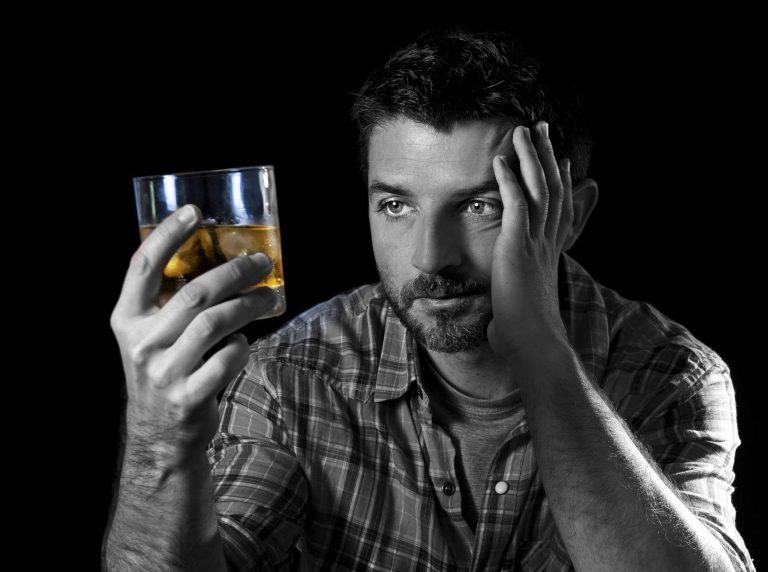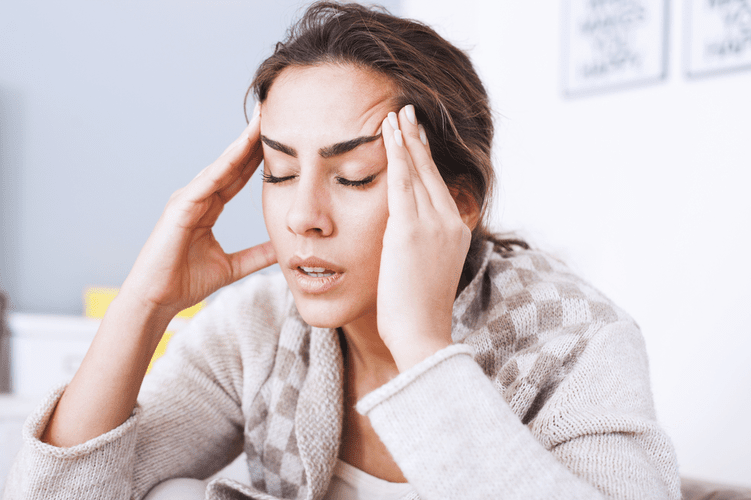By considering these additional contributing factors, individuals can better understand the underlying causes of hangover tremors. Anxiety and stress can exacerbate the symptoms of hangover tremors. Alcohol consumption can temporarily suppress feelings of anxiety, but as the effects wear off, individuals may experience increased levels of anxiety and stress. These emotional factors can contribute to the severity and frequency of hangover tremors. A night of heavy drinking can often lead to a disrupted sleep pattern or even a lack of sleep altogether.
Low Blood Sugar Effects
- If you are suffering from alcohol tremors and think you need help, contact Rehab Clinics Group today.
- Stick to crackers, toast or bouillon soup to help settle your stomach and elevate your blood sugar to reduce shakiness.
- However, it is a potential factor to consider for those who do experience these symptoms.
- Understanding these causes can help you take steps to mitigate the effects of the hangover shakes.
Symptoms of alcohol withdrawal can start as soon as a few hours after the last drink and typically peak within hours. However, for heavy and prolonged alcohol consumption, symptoms may not appear until several days after quitting drinking. “Alcohol is a diuretic, and tends to contribute to significant dehydration,” Dr. Scott Braunstein M.D., regional medical director at Sollis Health, tells Bustle. This means it makes you need to urinate more frequently than normal. Booze inhibits your pituitary gland’s production of vasopressin, the hormone that helps the body to retain water.
When Tremors Are Caused by Liver Disease
Treating hangover shakes may involve ensuring proper hydration, getting adequate rest, consuming a nutritious diet, and avoiding alcohol until symptoms resolve. Rest and recovery allow your body to heal and regain its balance, aiding in the alleviation of hangover symptoms 2. When it comes to hangover shakes, one of the contributing factors is an electrolyte imbalance.

The causes and triggers of hangover shakes
To stay hydrated and minimize the severity of shakes, drink water between alcoholic beverages. This helps to maintain a healthy fluid balance and replenish the body’s water stores. For every alcoholic drink consumed, aim to drink an equal amount of water. Dehydration is a significant factor contributing to the development of hangover shakes.
- By addressing dehydration and electrolyte imbalances, individuals can take steps to alleviate the severity and duration of hangover shakes.
- One of the most popular remedies is to drink plenty of water and electrolyte-rich fluids.
- Alcohol acts as a nervous system depressant, slowing down the activity of neurotransmitters in the brain.
- Carbohydrates in food can help boost your blood sugar back to normal.
Hangover shakes, also known as tremors, are a common symptom experienced by individuals who have indulged in excessive alcohol consumption. While the exact cause of hangover shakes is not fully understood, several factors are believed to contribute to their occurrence. The primary causes of hangover shakes include alcohol-induced dehydration, electrolyte imbalance, and alcohol withdrawal.
Hydration, nutrient-rich hangover shakes, and rest and recovery are key aspects to consider. The exact cause of hangover shakes is not fully understood, but it is believed to be related to the effects of alcohol on the central nervous system. drug addiction treatment Alcohol can disrupt the normal functioning of neurotransmitters, which are responsible for transmitting signals between nerve cells. This disruption can lead to the development of shakes and tremors. The single way to prevent hangovers is to avoid alcohol altogether or drink in moderation, providing the body with lots of time to process the alcohol before consuming more. Although a hangover may be horrible, the memory of the embarrassment related to the night of excessive drinking can be even worse.

Electrolytes like sodium and potassium are crucial for various bodily functions, including nerve and muscle function. Consuming fluids with electrolytes like coconut water can help restore hydration levels and improve symptoms. Recognizing alcohol dependency is crucial for understanding the causes behind shaking after drinking. Identifying the signs and symptoms of alcohol dependency can help individuals seek proper medical assistance to address their condition effectively. Remember, it’s always better to err on the side of caution and seek medical attention when in doubt. Prioritizing your health and well-being is essential, and a healthcare professional can provide the guidance and support needed to address your concerns effectively.

Understanding these neurological effects is crucial in comprehending the underlying causes of hangover shakes. Alcohol is a diuretic, meaning that it stimulates your body shaking when hungover to increase urine production, depleting your body of fluid. This can cause dehydration if you have consumed a lot of alcohol. Symptoms of dehydration may include dry mouth, thirst, dizziness and headache. While many people find that they fall asleep more easily after drinking alcohol, they often report sleeping less soundly.